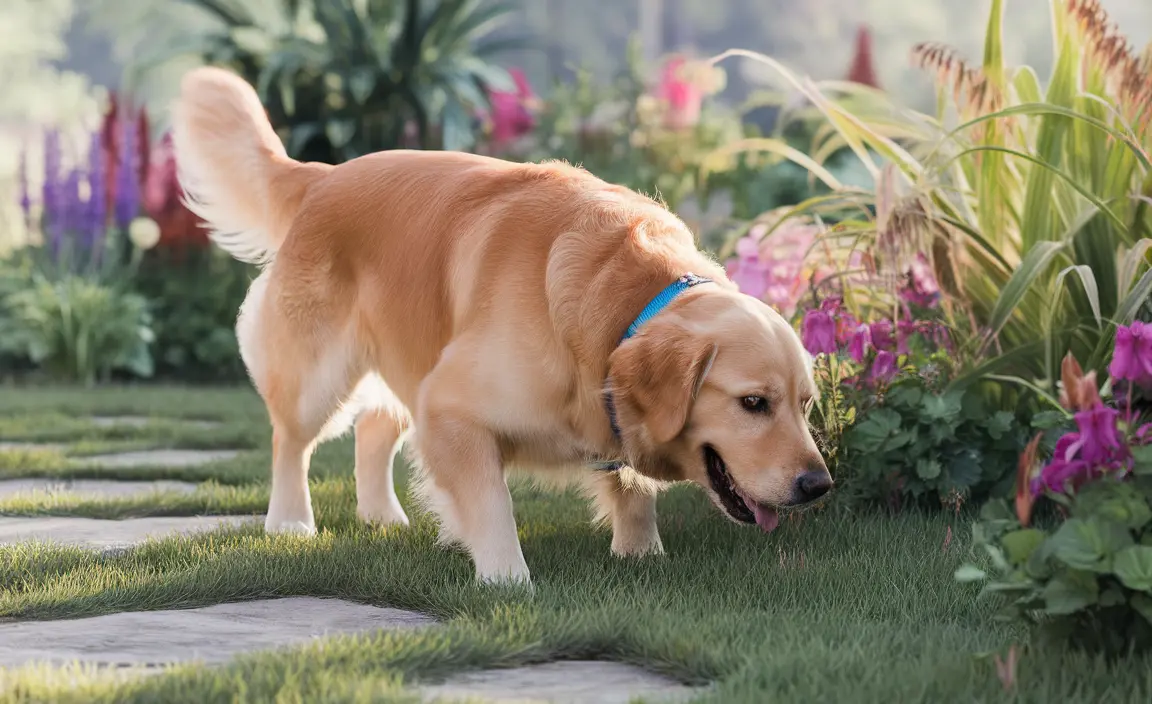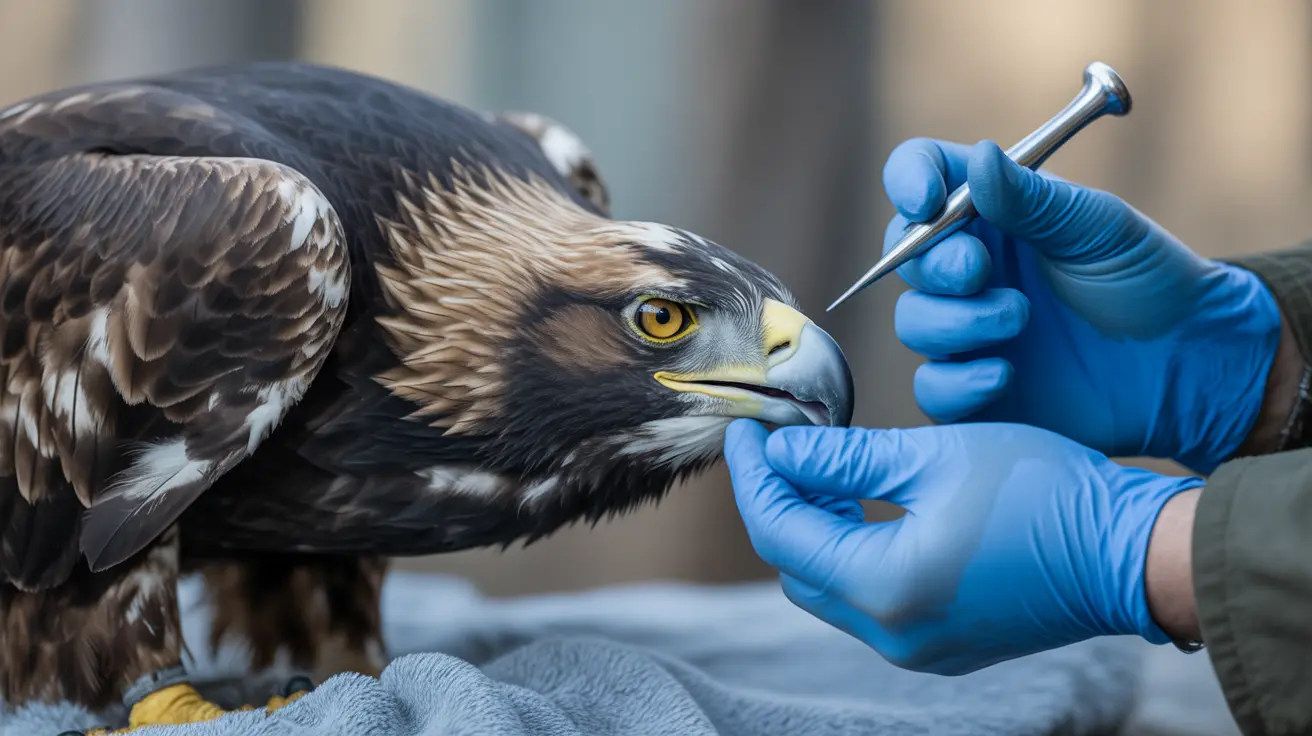Watching your beloved canine companion struggle with low body weight can be distressing for any pet owner. Whether your dog is recovering from an illness, has a high metabolism, or is experiencing nutritional challenges, understanding how to safely fatten up a dog requires a careful approach and professional guidance.
This comprehensive guide will walk you through expert-recommended strategies to help your underweight dog achieve a healthy weight, ensuring their overall well-being and vitality.
Understanding Your Dog's Weight Issues
Before embarking on any weight gain journey, it's crucial to identify the root causes of your dog's low body weight. Multiple factors can contribute to being underweight, including:
- Underlying medical conditions
- Parasitic infections
- Dietary deficiencies
- Stress or anxiety
- Age-related metabolism changes
Why Veterinary Consultation is Critical
A professional veterinarian should always be your first point of contact. They can perform comprehensive health assessments to rule out serious conditions and provide personalized weight gain recommendations tailored to your dog's specific needs.
Strategic Nutritional Approaches to Dog Weight Gain
Optimize Your Dog's Calorie Intake
Increasing calorie consumption is the cornerstone of healthy weight gain. Consider these strategic feeding techniques:
- Implement multiple small meals throughout the day
- Use high-calorie nutritional supplements
- Mix wet food with dry kibble to enhance palatability and caloric density
- Choose nutrient-dense dog foods with higher protein and fat content
Selecting High-Quality, Calorie-Dense Foods
Not all dog foods are created equal. Look for premium brands that offer:
- High protein content (25-30%)
- Healthy fat sources
- Complex carbohydrates
- Essential nutrients and minerals
Incorporating Nutritious Supplemental Foods
Enhance your dog's diet with these healthy, calorie-rich additions:
- Scrambled eggs
- Cooked sweet potatoes
- Pumpkin puree
- Fish oil supplements
- Plain, full-fat yogurt
Practical Feeding Strategies
Timing and Portion Management
Strategic meal timing can significantly impact weight gain. Consider these expert recommendations:
- Serve larger portions in the evening
- Offer a small, nutrient-dense meal before bedtime
- Use slow-feed bowls to prevent rapid eating
- Monitor portion sizes carefully
Exercise and Muscle Development
While increasing calorie intake is essential, balanced exercise helps convert calories into muscle mass. Focus on:
- Low-intensity, consistent physical activities
- Short, frequent walks
- Gentle play sessions
- Strength-building exercises appropriate for your dog's condition
Monitoring Progress and Adjusting Approach
Weight gain is a gradual process that requires patience and consistent monitoring. Establish a tracking system:
- Weigh your dog every 2-4 weeks
- Take progress photos
- Keep a detailed food and activity journal
- Consult your veterinarian regularly
Frequently Asked Questions
How do I know if my dog is underweight, and what are the signs I should look out for?
Signs of an underweight dog include visible ribs, spine, and hip bones, lack of muscle mass, and low energy levels. Your veterinarian can provide a definitive assessment using body condition scoring.
Can I use human food to help my dog gain weight, and if so, what types are safe?
Some human foods like eggs, plain yogurt, and cooked lean meats can be beneficial. However, always consult your vet and avoid toxic foods like chocolate, onions, and grapes.
What are the best high-calorie dog foods and supplements for weight gain?
Look for veterinarian-recommended brands with high protein, balanced fats, and essential nutrients. Puppy formulas and recovery diet foods often work well for weight gain.
How often should I feed my underweight dog to support healthy weight gain?
Most veterinarians recommend 3-4 small meals per day for adult dogs, with portions adjusted based on age, breed, and specific health requirements.
Is it safe to give my dog high-fat treats for weight gain, and how frequently can I do this?
While high-fat treats can help with weight gain, they should be given sparingly and as part of a balanced diet. Consult your veterinarian for personalized guidance.






